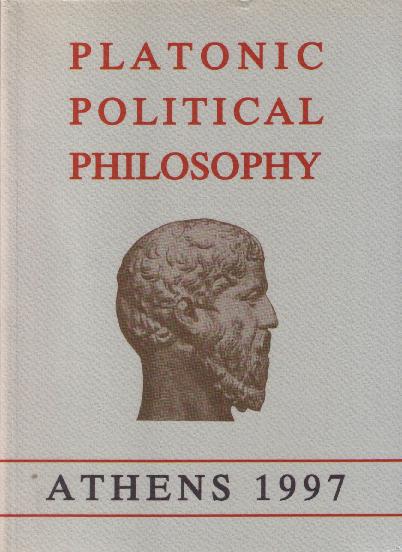
The papers that are published in the present volume examine issues and problems and put forward ideas related to Plato's political philosophy and different contemporary theories of democracy. The principles that govern Platonic political thought are discussed in connection to many themes that are relevant to contemporary societies. These include: the relevance of Plato's theory to contemporary democratic theories; its utility in evaluating life styles and types of life that compete for prominence in democratic societies; the viability of Plato's conception within modern contexts of the proper relationship between citizen and the state; Plato's positions on the different constitutions and whether his views constitute an attack on democracy or whether they should be better understood as a penetrating critic of deviant democratic society in both its ancient manifestation as well as in its contemporary forms.
In addition to these general themes, more specialized topics within Platonic political thought are discussed, such as: Plato's concept of the statesman, how he differs from the orator and the demagogue, and his kinship with the philosopher king, the exemplary form of the statesman. The divergence between homo economicus of technological societies and Plato's vision of political man are examined. The Platonic concept of the good and justice as regulatory principles are investigated in connection to the views put forward by theoreticians of modern democracy who have posited other criteria for assessing a democracy's well-being. In addition Plato's concept of measure as a moral and political principle, the place of dialogue and dialectic as the foundation of deliberative democracy, Plato's theory of the harmonized fulfilment of desires in relation to the modern views of human nature are re-examined.
The papers show that many, if not all, the distortions and misinterpretations that circulated in the past on Platonic political philosophy, especially the view of Plato as a proponent of a closed undemocratic society, should be removed. Instead, Plato should be regarded as an inexhaustible source of inspiration for inquiry into the socio-political issues of our times.
The articles in the present volume should be studied in conjunction with the papers contained in the second volume on "Platonic Political Philosophy" which are not included in the present issue. This will assist the reader to have a full picture of the research being done on Plato's political philosophy.
